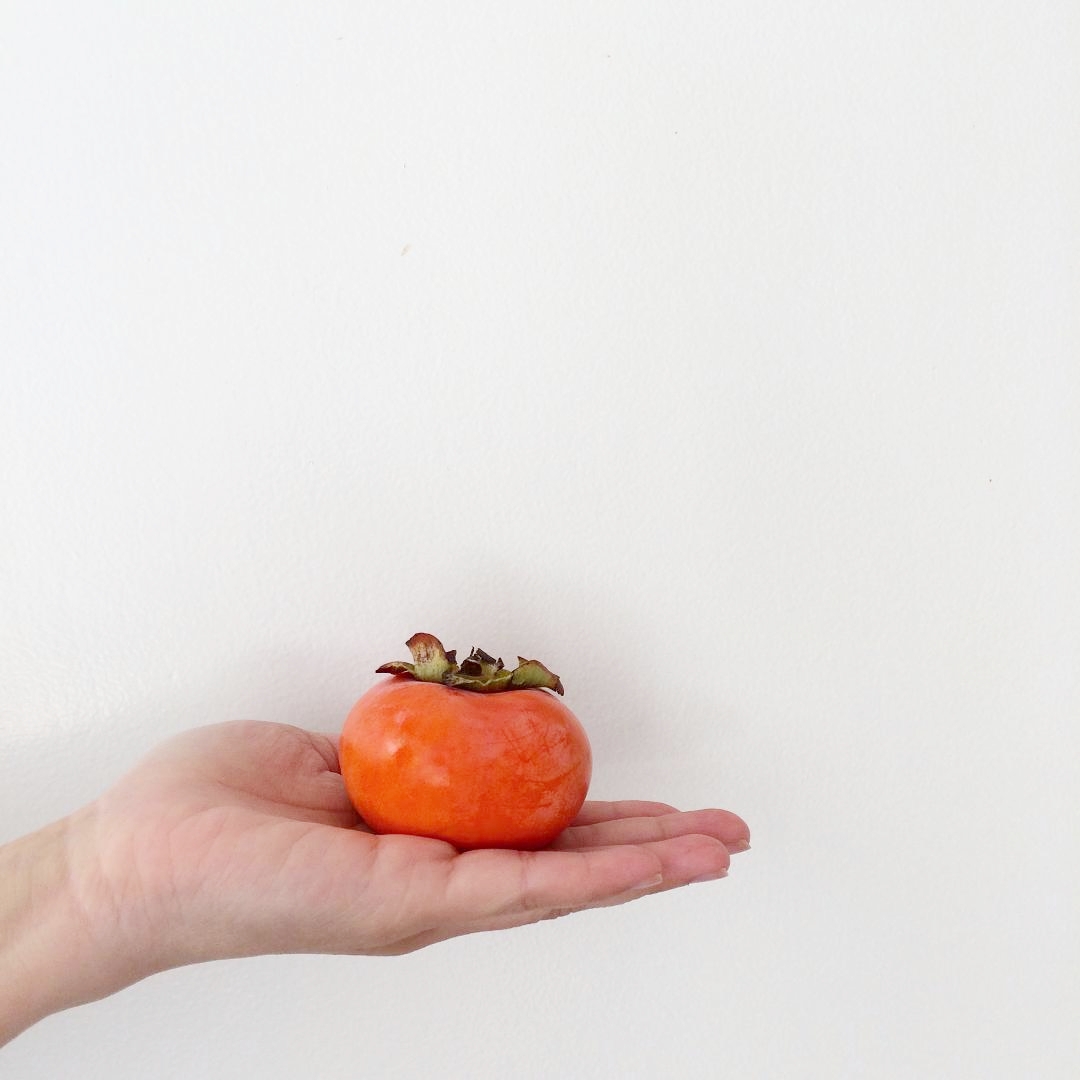It's easy to put energy into gratitude on and around Thanksgiving here in the States. We've almost been trained to do so. But cultivating a sense of deep and genuine gratitude has a positive cumulative effect on our physical bodies, psyche, our soul and our subconscious. Something is of course better than nothing. But fostering a more consistent practice (like with anything) is what really starts to shift things, including our mindset and our health.
Thanksgiving has come and gone and now we're in the thick of the holiday season. It's not only a time of greater generosity and lots of giving but it's also a time of stressful triggers, possibly feeling insecure or lonely, minds wandering to a negative place of thinking of things we don't have, playing the comparison game and being reminded of past traumas that we still hold in our cells. Working on an authentic gratitude practice can truly start to heal the mind and body.
Almost everyone has heard of a gratitude journal. It's thrown around the way we speak of "meditation" or "exercise." We all know it's good for us, so many of us are constantly saying "oh yeah, I need to do more of that..."
One suggestion that I have found to be deeply helpful is to start by keeping a gratitude journal or just dotting down a short list, or even just ONE thing, at the END of the day. Later you can move into a concerted gratitude ritual both in the morning and at night. But to start, do it in the evening or at night. Sometimes people get burnt out on gratitude journals because they begin to start listing the same things (my friends, my family, my health...) and don't know what else to write or start to feel numb as they run through the same list over and over. When you do your practice in the evening, you can think back to your day and reflect on things that you felt grateful for that you might have just let pass without a second thought. We aren't always practicing mindfulness throughout the day. I mean, how many times have I said "what day is it?" or "how did it already become December?" In fact, I just said those exact words to patients on Dec 1st. So starting or continuing a gratitude ritual in the evening or before bed is a great way to stock of our day and take a closer look at what even happened that day and who we exchanged energy with.
My list of course consists of the obvious things that I do genuinely feel SO grateful for, like my family, my dog, my friends, my patients who teach me so much but it has often consisted of things like someone letting me into their lane in traffic or a kind smile from a stranger or an unexpected conversation I had with a friend. There was an Oprah episode about gratitude once and even Oprah, who seemingly has everything to be grateful for, said that some days, all she can put on her list is her cup of tea or having gratitude for legs that work. If you're having a bad day and cannot possibly summon up feelings of gratitude, just keep reducing it down until you can truly feel grateful for something, even if it is the fact that you have a bed to sleep in or that you can take a breath. Some days the gratitude will just bubble up. Other days, it will be more of an effort. And if you're in such an overwhelmed state of mind that you can't possibly feel any gratitude, a great way to shift this energy is to do an act of service whether that be a larger volunteering commitment or giving a $1 to someone in need. I regularly volunteer at my local Children's Hospital with my dog, Olive and in addition to going when my schedule allows, I really make myself go when I'm having negative thoughts about myself, my life or the world at large. It always shifts my perspective and adds a filter of gratitude to my lens.
As we become more consistent with sending awareness to what we're grateful for, a cumulative effect will begin to take place. Gratitude has been shown to:
- Reduce physical aches and pains
- Increase happiness and reduce depression and anxiety
- Enhance empathy
- Improve sleep
- Increase self esteem
- Boost the immune system
Feeling gratitude triggers our parasympathetic nervous system (the calming aspect of our nervous system that allows us to sleep, digest, poop, have sex, let go, relax). We often live in a constant low grade (and often high) state of stress and in modern times, this has become our default, our new normal. We need to balance this out by consciously activating our parasympathetic nervous system regularly and more often. Gratitude doesn't come naturally to everyone. But it absolutely can be learned. So if it doesn't come naturally to you or you're an innately glass is half full person but are having a rough day, start small. Focus on just one small thing you're grateful for. And over time, like a muscle that gets stronger, feeling gratitude will come with ease and in abundance. It will transform how you view yourself, the world around you, and ultimately your physical and mental health.
